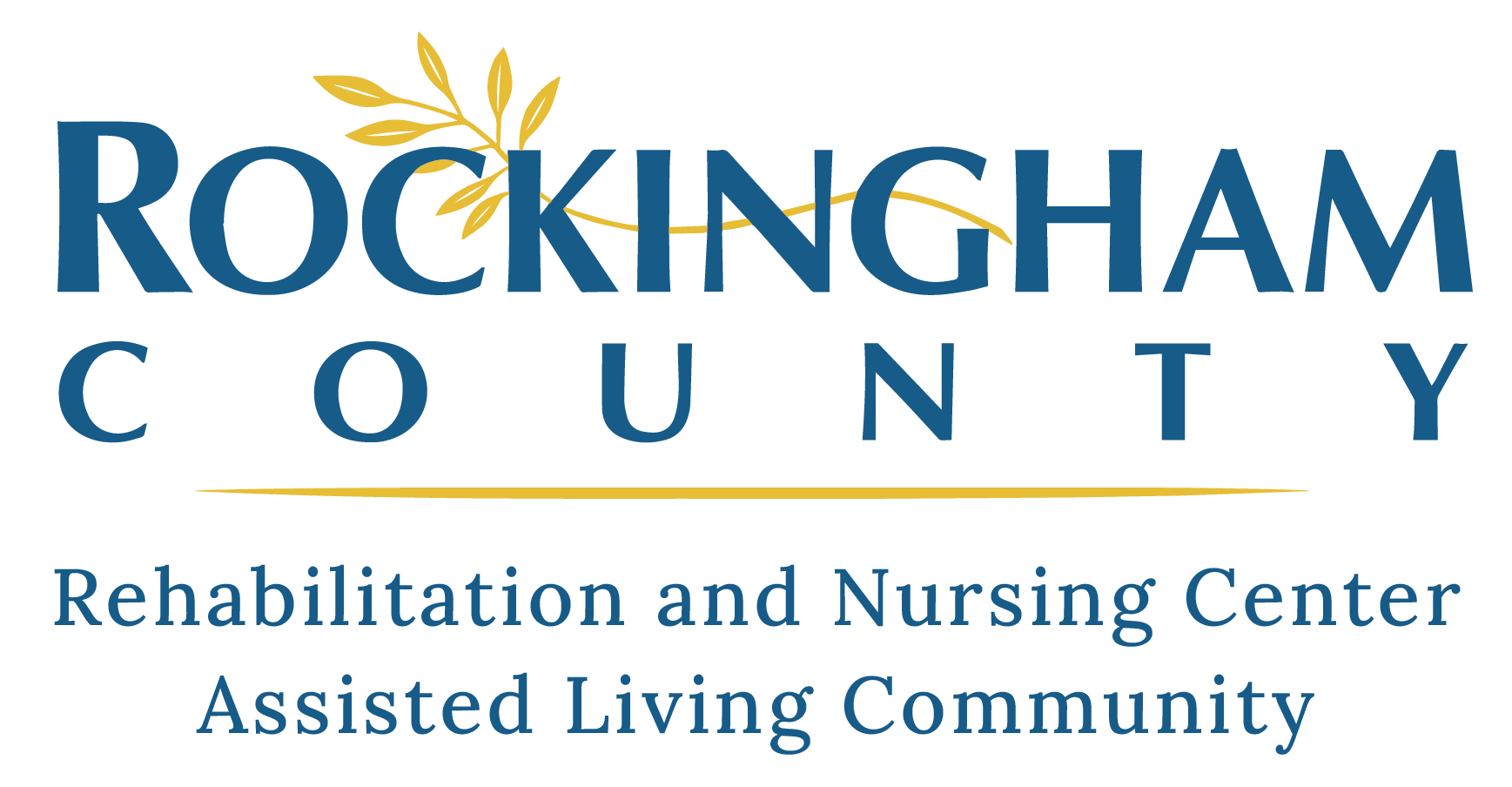Planning for a life limiting illness can be a very difficult and emotional process. As we age, however, it’s important to plan end of life preferences and have conversations about care goals. By researching and discussing topics such as medical treatments, palliative care, hospice care, and funeral arrangements, you help make the process of planning for end of life easier. In the face of a serious illness, there are many care options available to you or your loved ones including an intermediary step known as palliative care.
People often confuse hospice and palliative care. Both services provide pain and symptom relief for people with serious illness, but there are important differences. We spoke with Amedisys’ AVP of Hospice Outreach Liaison, Randall Wilson, to break down the difference between palliative care and hospice care.
“End of life decisions are never made lightly, but they don’t need to be made alone,” says Wilson. “With proper planning and support, you can ensure that all wishes are respected.”
Hospice vs Palliative Care
Both hospice and palliative care are holistic approaches to care that address a patient’s physical, emotional, social, and spiritual needs. Hospice is focused on providing patients with comfort care with no curative intent. Palliative care, however, can be provided with or without curative intent.
The Start of Palliative Care:
Palliative care is a type of medical care that focuses on relieving the suffering of those with a terminal illness or serious medical condition. Anyone diagnosed with a serious or chronic illness may qualify for services. Palliative care is an appropriate option at any age and at any stage in a serious illness. It can be provided along with curative treatment. Hospice, on the other hand, typically begins in the later stages of illness. Two physicians need to agree that a patient may have a life expectancy of 6 months or less in order to qualify for hospice services.
Goals of Palliative Care:
Palliative care is centered on providing relief from symptoms, pain, and stress of a serious illness—whatever the diagnosis. A typical goal for a patient receiving palliative care is to work towards recovery, while staying comfortable. When a patient elects to choose hospice, the goals of care shifts from providing curative treatments to ensuring quality of life.
Eligibility and Insurance:
Medicare, Medicaid, and many private plans cover hospice costs at 100% if the patient has a life limiting (6 month or less prognosis) illness. Some costs for palliative care may be covered by insurance, but it depends on the patient’s specific plan.
Location of Service:
Hospice care is provided wherever the patient calls home, including locations such as nursing homes, assisted livings, or private residences. Palliative care is similar. Palliative care is also provided at any location where the patient and provider are allowed.
Length of Care:
Hospice patients are typically on hospice programs for six months or less. Depending on the diagnosis and progression, a patient could have a longer stay on hospice. Palliative patients can remain on services for as long as they need or until they progress to a different level of care, such as hospice.
The Bottom Line
There are people all around you who can help guide and assist with resources to create a plan of care that meets your needs and the needs of your loved one. We recommend reaching out to a healthcare provider such as Amedisys to learn more about which services may be appropriate for you.
About Amedisys
Amedisys is a leading provider of healthcare in the home. They honor those they serve with compassionate home health, hospice, and personal care services. By applying the highest quality clinical practices they allow their patients to maintain a sense of independence and dignity.
Book a consultation by reaching out to your local Amedisys Hospice representative, Jason McPherson, 603.402.0835 or by calling a local office:
Bedford, NH Amedisys Hospice: 603.421.0414
Portsmouth, NH Beacon Hospice: 603.433.2480
For more information, visit: www.amedisys.com
We’re Here For You
We’re proud to partner with local agencies that provide both hospice and palliative care services. Our clinical team works closely with agency staff to coordinate resident care.
RCRNC offers short-term skilled rehabilitation, assisted living, and long-term care housing options for older adults. This continuum of care ensures that residents receive the care and services they need at any stage – all while staying under the same roof.
Our team of admissions experts can help you find the care level that fits best. Contact us today to set up a personal visit today.
For more information, visit www.rockinghamcountyseniorliving.com
RCRNC is owned and operated by Rockingham County, New Hampshire.



